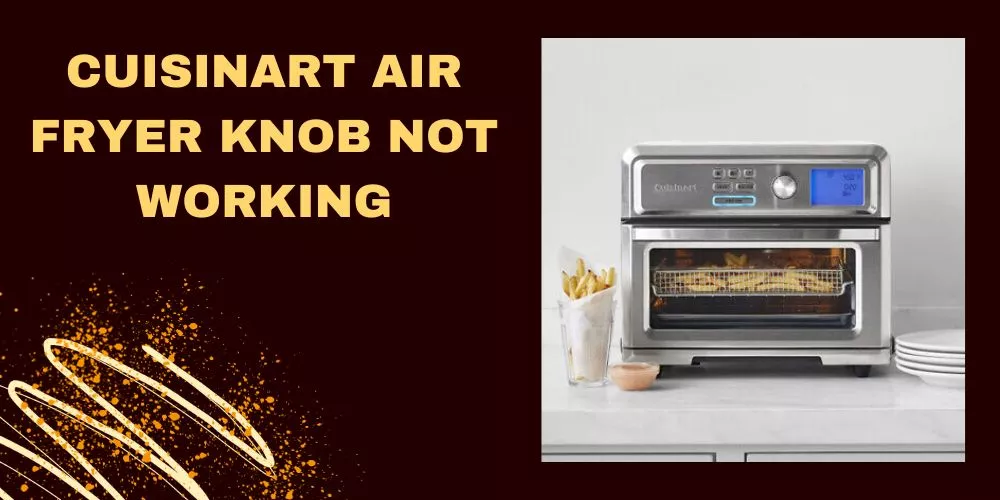As technology continues to evolve, our homes are becoming more modern and automated, with the kitchen being no exception.
Among the innovative additions to the modern kitchen, touchless kitchen faucets have gained popularity for their convenience and hygiene benefits.
But, are touchless kitchen faucets reliable?
The question of their reliability is a topic of much discussion. This article delves into the world of touchless kitchen faucets, exploring their technology, advantages, concerns, and ultimately, their reliability.

Are Touchless Kitchen Faucets Reliable?
Yes, touchless kitchen faucets are reliable when chosen from reputable brands and properly maintained. These faucets use advanced sensor technology to offer hands-free operation, enhancing hygiene and convenience in the kitchen.
While there may be concerns about sensor sensitivity and the need for power (either battery or AC), most modern touchless faucets are designed to be durable and efficient. Regular maintenance, such as cleaning the sensor area and ensuring a stable power supply, can significantly enhance their reliability.
Additionally, opting for models with robust warranties can provide added assurance. Overall, with the right selection and care, touchless kitchen faucets can be a reliable and beneficial addition to any kitchen.
Understanding Touchless Kitchen Faucets
Touchless kitchen faucets operate using sensor technology that detects the presence of hands or objects, triggering water flow without the need to touch the faucet physically.
This is achieved through motion or proximity sensors that activate an electric mechanism controlling the water flow. These faucets are powered by batteries or connected to the household AC power supply, offering a seamless and hygienic way to access water.
There are various models of touchless faucets, each with different sensor types and customization options. This variety allows homeowners to choose a faucet that best suits their needs and preferences, ensuring functionality and aesthetic appeal in their kitchen design.
Advantages of Touchless Kitchen Faucets
The primary advantage of touchless kitchen faucets is the enhanced hygiene they offer. By eliminating the need to touch the faucet, they significantly reduce the spread of germs and bacteria, which is particularly beneficial in a kitchen setting.

Additionally, these faucets offer unparalleled convenience and efficiency. The hands-free operation is ideal for multitasking in the kitchen and provides an accessible solution for individuals with mobility issues.
Another significant benefit is water conservation. Touchless faucets are designed to prevent unnecessary water wastage by automatically shutting off when not in use, which can contribute to lower water bills and promote environmental sustainability.
Reliability Concerns and Considerations
Despite the advantages, there are several reliability concerns associated with touchless kitchen faucets. Sensor performance can vary, with some users experiencing false activations or lack of responsiveness. The choice between battery-operated and AC-powered faucets also influences reliability.
Batteries need regular replacement, while AC-powered models require a consistent power source, affecting the faucet’s operation during power outages. Durability and maintenance are further considerations. Touchless faucets may require more maintenance than traditional models due to their complex technology.
However, with proper care, they can be just as durable. The initial cost is higher, but the potential for water savings and the convenience they offer can make them a valuable investment.
Enhancing Reliability of Touchless Kitchen Faucets
To maximize the reliability of touchless kitchen faucets, selecting the right model is crucial. It is essential to consider factors such as brand reputation, warranty, sensor type, and user reviews.

Opting for a model from a reputable brand with a comprehensive warranty can provide peace of mind and ensure support in case of issues. Proper installation by a professional is also key to enhancing reliability.
Professional installation ensures that the faucet is correctly calibrated and installed, which can prevent many common issues. Regular maintenance, such as cleaning the sensor area and checking for leaks, is essential to maintain optimal performance and extend the faucet’s lifespan.
Alternatives to Touchless Kitchen Faucets
While touchless kitchen faucets offer numerous benefits, they may not be the best choice for everyone. Touch faucets, which activate with a simple touch, provide a middle ground between traditional and touchless models.
They offer some of the convenience of touchless faucets without the need for sensor technology. Traditional faucets, on the other hand, remain a reliable and cost-effective option for those who prefer a more conventional approach to kitchen design.
Frequently Asked Questions (FAQs)
Are touchless kitchen faucets more prone to malfunction than traditional faucets?
While touchless faucets involve more complex technology, which may lead to concerns about reliability, they are designed to be durable and efficient with proper care and maintenance.
How long do batteries typically last in battery-operated touchless faucets?
Battery life varies depending on usage and the model of the faucet. However, most models are designed to last for about 1 to 2 years before needing a replacement.
Can I install a touchless kitchen faucet myself, or do I need a professional?
While some homeowners may feel comfortable attempting the installation themselves, professional installation is recommended to ensure optimal performance and to avoid potential issues.
What do I do if my touchless faucet stops working?
First, check the power source (batteries or AC power) and ensure that the sensor area is clean. If the problem persists, consult the manufacturer’s warranty or contact a professional plumber.
Are there any brands of touchless faucets that are known for their reliability?
Several reputable brands are known for their reliable and high-quality touchless faucets. Researching and reading user reviews can help identify the best options.
Conclusion:
Touchless kitchen faucets represent a significant advancement in kitchen technology, offering enhanced hygiene, convenience, and water conservation.
While there are reliability concerns, these can often be mitigated through careful selection, proper installation, and regular maintenance.
As technology continues to improve, it is likely that the reliability of touchless faucets will only increase, making them an increasingly appealing option for modern homes.


